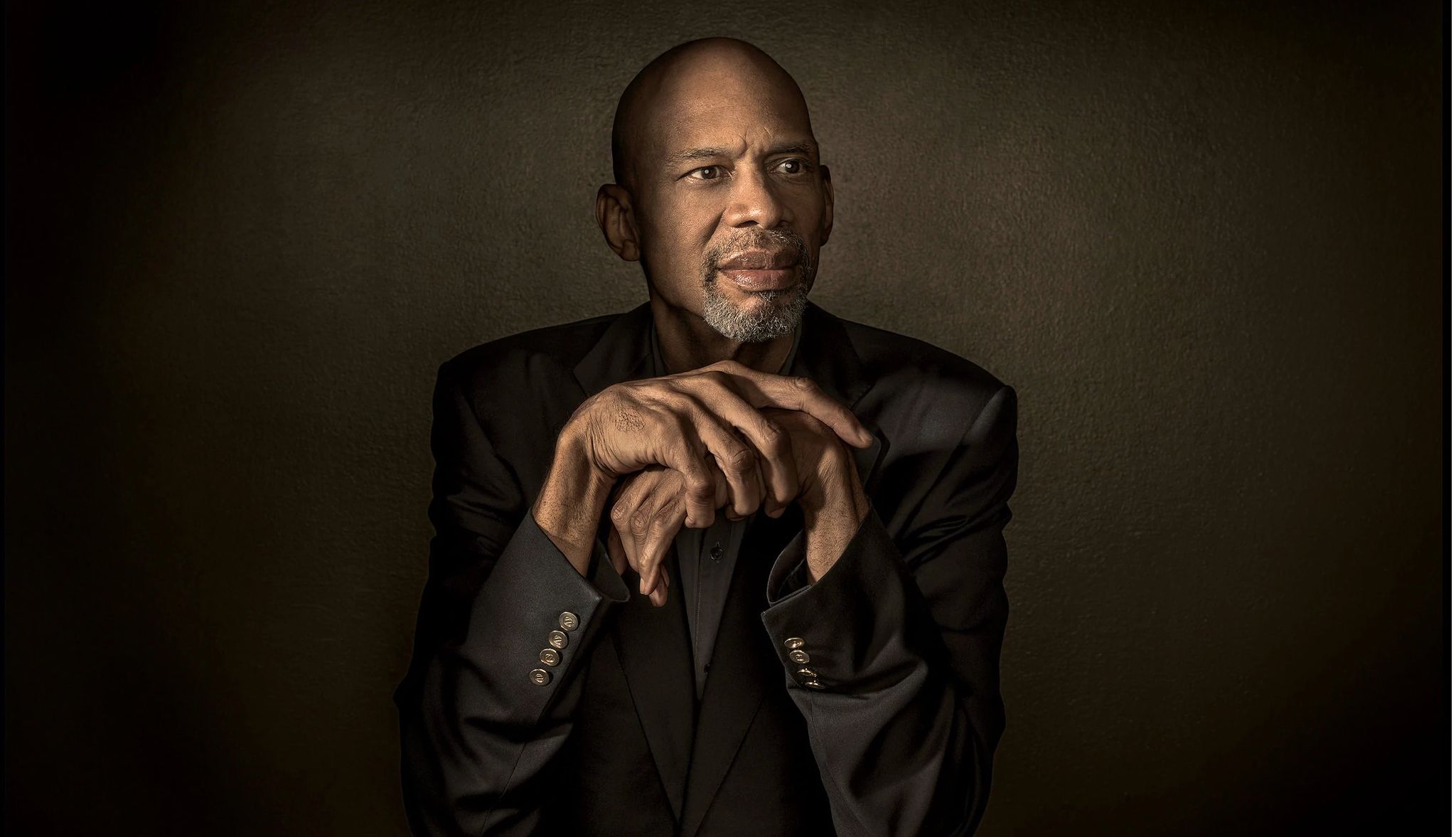Play all audios:
Kareem Abdul-Jabbar, 78, is a legend in the NBA, where he earned six championship rings and became the all-time leading scorer (since passed by LeBron James). But he’s had a rich life in the
more than 35 years since his retirement from basketball. He’s devoted himself to — among many other things — writing, including his 2015 novel _Mycroft Holmes_, a mystery centered around
Sherlock’s older brother (Abdul-Jabbar is a huge Sherlock Holmes fan). Abdul-Jabbar has also focused his efforts on social justice. His new book, _We All Want to Change the World: My Journey
Through Social Justice Movements From the 1960s to Today_, is full of personal stories and lessons from the past that he believes can be applied to today’s injustices. Abdul-Jabbar recently
spoke with AARP about this book, life after basketball and more. _This interview has been edited for length and clarity._ “We All Want to Change the World: My Journey Through Social
Justice Movements From the 1960s to Today” by Kareem Abdul-Jabbar examines the activism of people of all ages, ethnicities and socio-economic backgrounds that helped change America. Courtesy
Penguin Random House In your new book, you describe two events in 1964, when you were 17. One was a Martin Luther King Jr. press conference you attended for a student publication. The other
was a protest rally you attended in Harlem that turned violent. What did those experiences teach you about social justice? At the time, the lessons were more emotional than intellectual.
Meeting Dr. King made me feel like I was a part of the solution. He inspired hope and made me want to join him in his righteous crusade. In contrast, the protest scared the hope out of me,
at least temporarily. There were real bullets flying, stores being looted, people running for their lives. This was the real world of civil rights protests, and it wasn’t soft-spoken like
Dr. King. It screamed in my head. It made me aware of the fact that lives had been lost in the fight for social justice, and more lives were going to be lost before we got to our objective.
AND THAT QUEST IS STILL PART OF YOUR LIFE. There is a quote that I related to: “Until all of us are free, none of us are free.” As I get older, I understand more and more what that means. A
lot of people think [the fight for civil rights] was something that happened back in the ’50s and ’60s, and everything is OK now, but we’re still fighting the same fight. Some of the faces
of the issues have changed, but at the heart of it, we’re still trying to live up to what Mr. [Thomas] Jefferson said about all people being created equal. YOU’VE TALKED ABOUT HOW BASKETBALL
HELPED SHAPE YOUR PERSONAL IDENTITY AND SOCIAL VALUES. HOW SO? It gave me the determination and patience I needed to excel. When I was in the fifth grade, an older kid in the neighborhood
showed me the George Mikan drill, which involved shooting a hook shot. That’s all I had. So I worked on it and worked on it, and by the time I got to the eighth grade, I was pretty good at
it.

